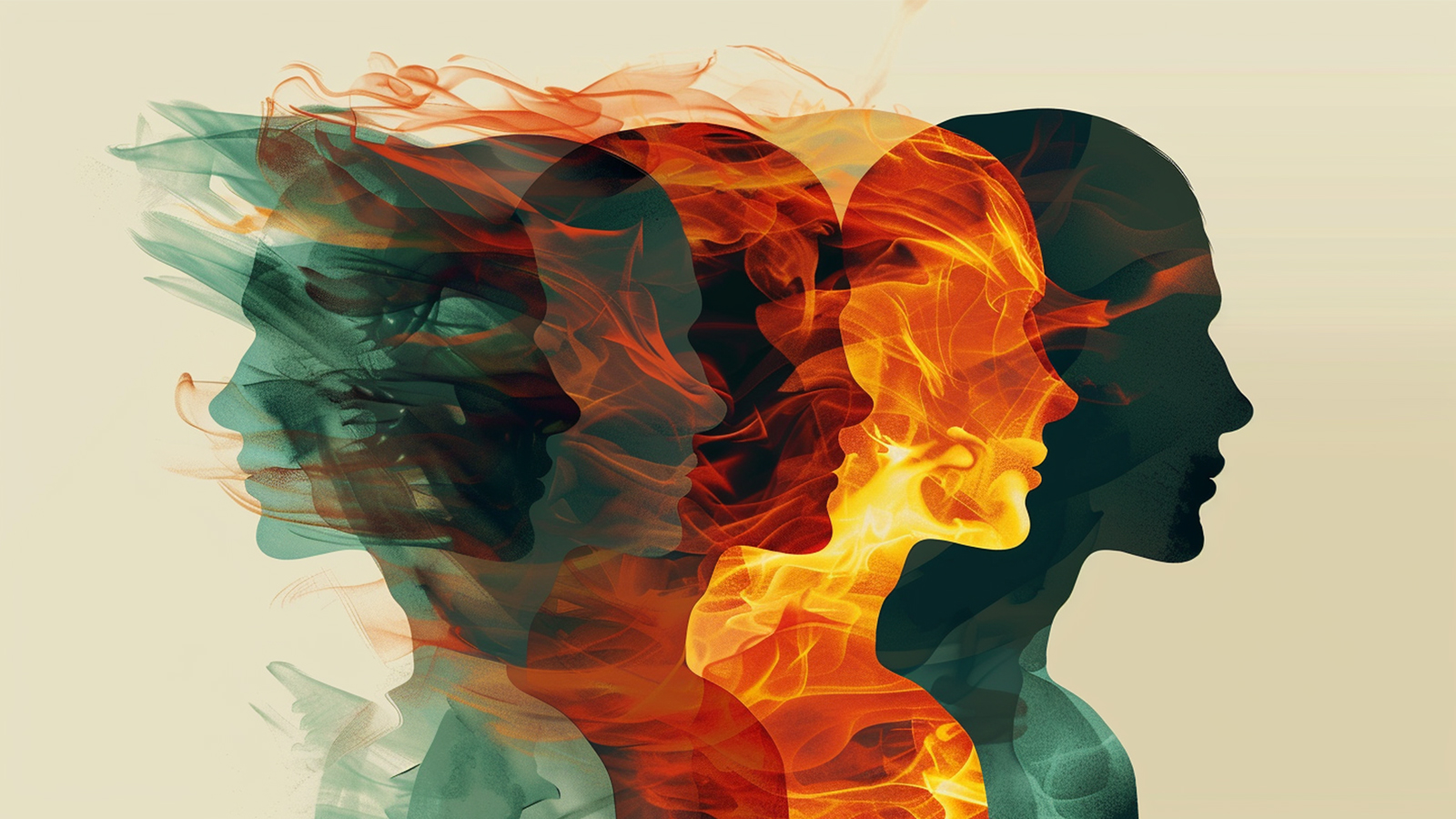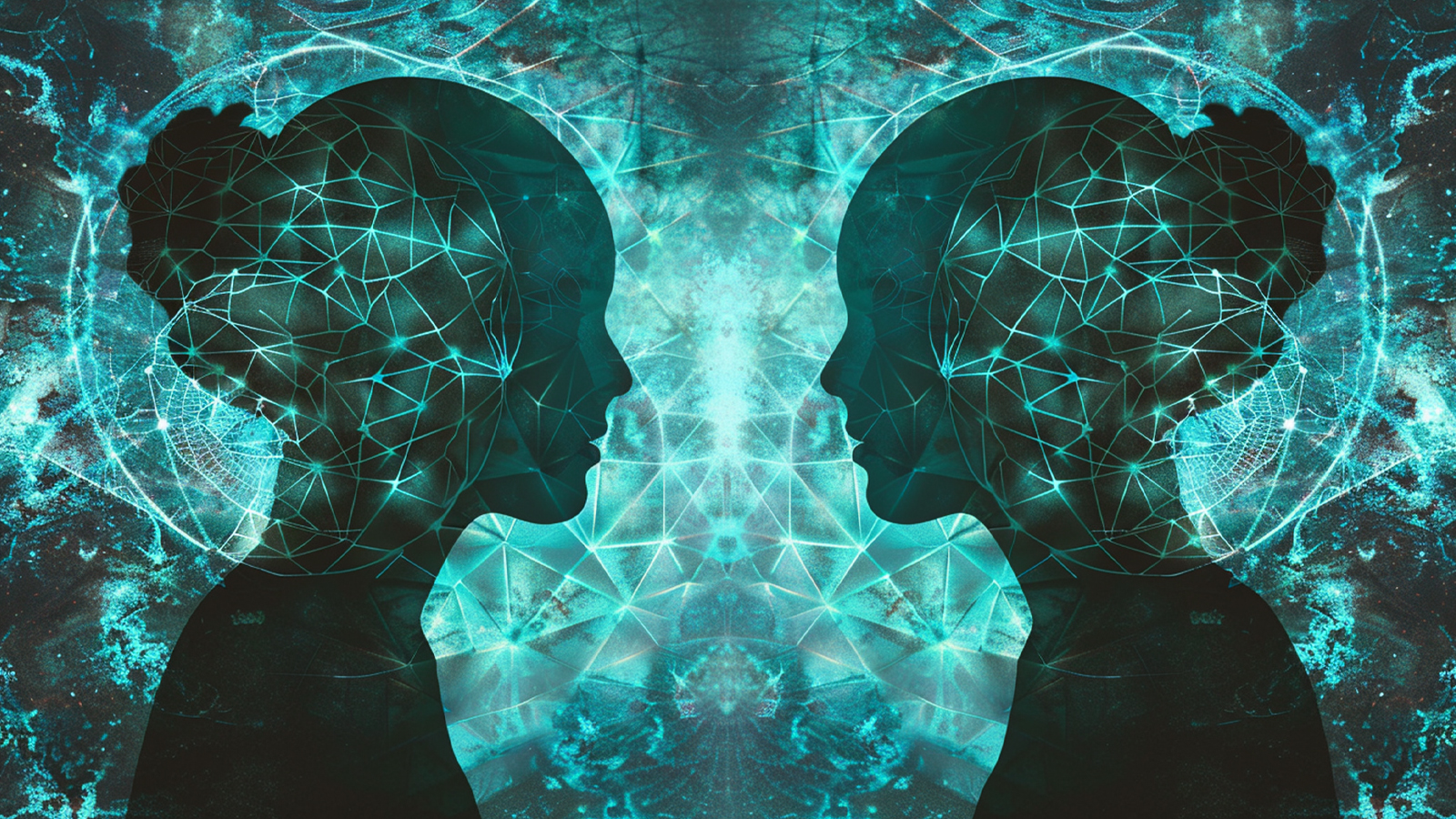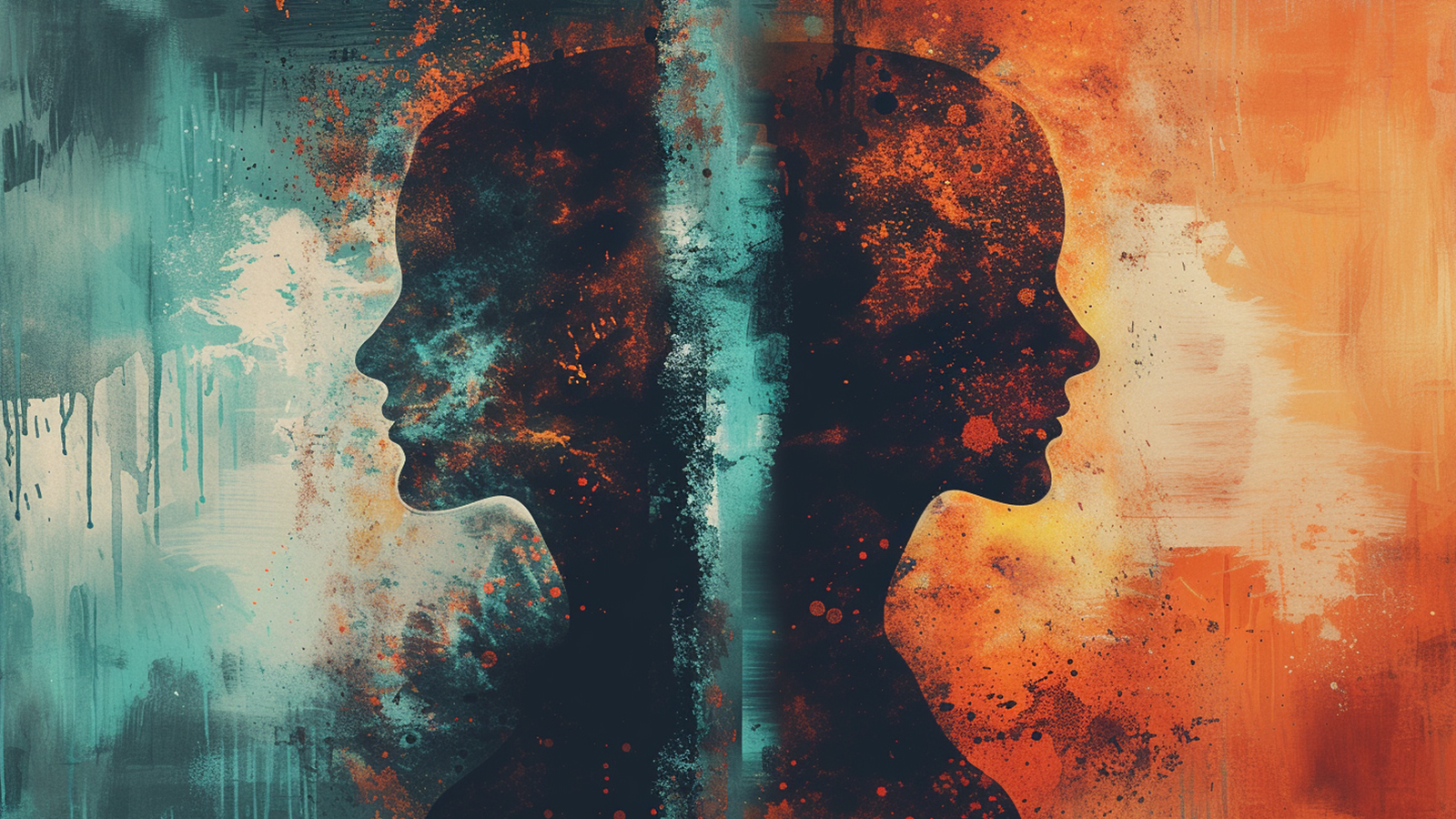r. Keith and Corey discuss how our relationship with time lies at the very root of consciousness, and explore how our perceptions of time affect our overall psychological health and sense of well-being.
Whether we are dealing with trauma from the past, anxiety for the future, or discomfort in the present moment, bringing more embodied awareness to the ways we manage, modulate, and even surrender to time will create many more opportunities for healing and happiness.
We are also joined by our good friend Jeremy Johnson in a fascinating discussion of Jean Gebser’s descriptions of our ever-evolving enactment of time, noting the very different temporal orientations associated with each of his major stages of development: archaic, magic, mythic, rational, and integral.
Text by Dr. Keith Witt:
A central focus of all psychotherapy is to help people have a positive narrative of themselves in their unique universe.
Therapists (and most spiritual teachers) encourage clients to improve decision making, positive focus, and coherent autonomous narrative creation in the past/present/future. The direction of growth is towards establishing a positive self-identity and effective decision/action patterns to support narratives of an heroic past, a hopeful and powerful present, and a positive future.
Frozen in time
A feature of traumatic memories and somatic programming is the subjective sense of stuckness in an experience, belief, memory, or consequence—being frozen in time. This stuckness involves dissociation from our capacities to alter subjective meaning, have power in the present moment, and broaden our autobiographical narratives. Trauma work addresses these blocks to free up our human growth capacities. Trauma work therefore gets us unstuck in time.
Time explains PTSD and trauma treatment
Why is 70% of PTSD in people who didn’t have an acute reaction to a traumatic event?
Why does PTSD get worse over time?
The answers to these questions emerge from understanding that the adaptive unconscious—our Shadow selves—exists simultaneously in the past/present/future, always trying to help us heal and grow.
Life is managing multiple processes from conception to death. Time is a constant stressor, since processes happen constantly and relationally over time, and we must manage them for better or worse, consciously and unconsciously.
Trauma creates stress when there is an injured sense of self that emerges from the processing of the event(s). Progressive inadequate processing tends to create sensitization where it takes less intense stimuli to create larger and longer stress reactions.
After trauma, emotional/physical pain plus the damaged sense of self are defended against initially—sometimes so successfully that we have no conscious sense of any negative effects—but the pain and negative sense of self can still exist in memory as we carry on our lives. This is one of the reasons that repeated traumas increase the likelihood of PTSD reactions, including depression and anxiety (called “sensitization” in the literature).
Depression is probably the most common post-traumatic stress consequence (much more common than PTSD); a fact that is little understood in much of the psychotherapeutic community.
If some process that we’re managing becomes dysregulated, we feel pain and defend against it. A health crisis, relationship problem, work setback, or cultural upheaval are all examples of processes that can go awry. If our defense is unsuccessful, the pain intensifies and is accompanied by a distressed sense of self unable to cope.
Our unconscious makes meaning of everything. It feels connections between this pain and this injured sense of self and some past trauma’s pain and injured sense of self and explains the current distress as coming from traumatic memories and associations. This is only partially true, since trauma associations actually take us away from the present moment and less discerning of the differences between ourselves past and present, and whoever we’re dealing with and historical figures.
The process of amplifying current distress with past pains is our unconscious asking to solve the problem of current distress by addressing the meaning we’ve assigned to the distress—the trauma reactions/memories—by providing a story to understand it and directing our attention to specific events that we associate with our current pain.
This trauma story gives us a channel to heal the current dysregulated processes and damaged sense of self. If we successfully address the intrusive trauma story and repair the damaged sense of self in the present moment, it not only helps us feel better and more whole, but also provides the unconscious with the tools to reintegrate similar traumatic memories. This is why working on a representative traumatic memory often resolves similar, associated traumatic memories.
The above dynamics partially explain why all trauma treatments directly or indirectly contain components to face the pain and negative self-stories of traumatic memories with the intents to diminish the pain and heal the stories. They all work simultaneously in the past/present/future—using our human abilities for mental time travel.
Memories are plastic. If we remember an event with some sense of the emotion and physical immediacy of the event, that memory opens in our brain to be reconsolidated with different meanings and emotional reactions. This is another instance of the past/present/future existing simultaneously in our unconscious, and is considered a central part of most trauma treatments.
As we heal the face of the current pain — the trauma — our unconscious often generalizes the healing to similar stories and pains. This is sometimes called “Symbol linking.”
This all happens because the adaptive unconscious—our Shadow self—relates to the past/present/future all as now.
Alfred Adler suggested almost a century ago that the two great human concerns are developing self-reliance and capacities to live in harmony with social contexts, which both require acknowledgement of, “I have the abilities to do this,” and the fact that “people are generally my comrades.” Health is embodying these two belief systems—”I can do this,” and “People are my comrades.” If we don’t feel able (“I can’t do this,” or believe people are generally uncaring or hostile (“People are not my comrades,” we suffer.
Growth involves increasingly altering our universe to feel more able and more supported by others in our past/present/future—arguably a trans-temporal process.
We can self-author to states of experiencing ourselves as cosmic antenna simultaneously receiving and transmitting love, joy, and wisdom. This can lead to self-transforming processes of surrender to our deepest purpose in the present moment—Integral mindfulness. It involves both linear and simultaneous understandings of time.
Similar to the Bodhisattva vow of Mahayana Buddhism, people who have the felt realization of being able to alter the structure of their personal universe to become more hopeful and positive seem motivated to share their realization with others.
Subjectively we exist in 8 seconds epochs with a 300 millisecond lag times before perception and conscious awareness. Subjectively, we progress continually through these epochs, navigating in response to constantly morphing states. Our adaptive unconscious—our Shadow selves—constantly generates states almost instantaneously in response to inner and outer cues. We can become subjectively aware of these states a half second to a second and a half later.
States are generally either constructive or destructive in nature. Conscious awareness can influence states for better or worse, depending on habit, knowledge, cognitive/emotional capacities, outside influence, and intent. The more we choose beautiful, good, and true thoughts and actions, the more we grow our unconscious selves to send us more positive and clarified Shadow material to guide us.
Spirit time is different
The Greeks had two principles of time, Chronos and Kairos. Chronos was objective numerical, quantitative time, while Kairos was metaphysical, divine, qualitative time. In the Kabbala, time is a paradox and an illusion. Future/past/present exist simultaneously.
Indications are that time in the spirit world, if there is individual consciousness there, is radically different than time in the material world. This seems to be the consensus of mediums and channels. A client I discussed this described an inner dialogue with his late grandson, who told him time is different on the other side of physical death.
Whether there is consciousness on the other side of death or not, our experiences of, and relationships with, time figure heavily in all contemplative process, as well as intersubjective states of transcendence and bliss.
Music by Justin Miles and Stuart Davis
Previous Episodes of Witt & Wisdom
The 8 Horizons of Love
The Many Within: Understanding IFS and Self Integration
 Dr. Keith Witt
Dr. Keith Witt
 April 25, 2024
April 25, 2024
The Art of Integral Conversation: How to Have a Turquoise Dialectic
CANCELLED: The Battle for Free Speech in the Integral Age
The Psychology of Splitting
Become a member today to watch this video presentation and support the global emergence of Integral consciousness
Membership benefits include:
Premium Content
Receive full access to weekly conversations hosted by leading thinkers

Journal Library
Receive full access to the growing Journal of Integral Theory & Practice library

Live Experiences
Stay connected by participating in Integral Life live events and discussions
Courses & Products
Get unlimited 20% discount off all products and courses from our friends and partners

Free Bonus Gifts
Download The Integral Vision eBook by Ken Wilber (worth $19 on Amazon) & The Ken Wilber Biography Series

Support of the movement
Support our mission of educating and spreading integral consciousness that is more critical than at any time in its history
About Keith Witt
Dr. Keith Witt is a Licensed Psychologist, teacher, and author who has lived and worked in Santa Barbara, CA. for over forty years. Dr. Witt is also the founder of The School of Love.
About Corey deVos
Corey W. deVos is editor and producer of Integral Life. He has worked for Integral Institute/Integal Life since Spring of 2003, and has been a student of integral theory and practice since 1996. Corey is also a professional woodworker, and many of his artworks can be found in his VisionLogix art gallery.







